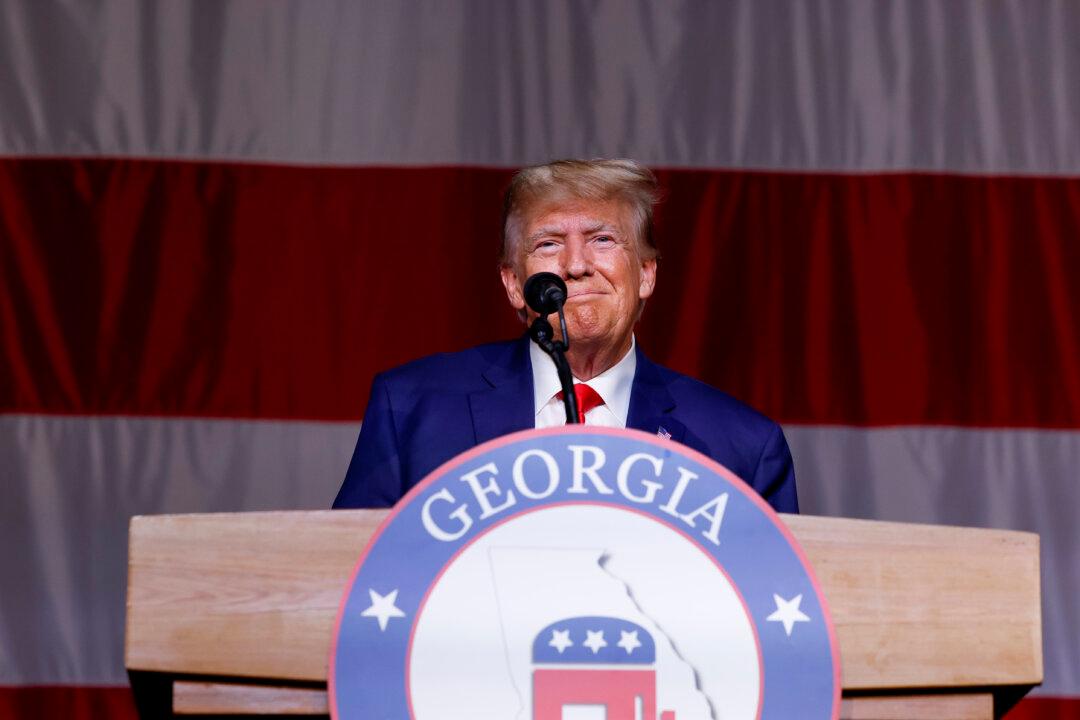As the 2024 primaries approach, civil cases arguing that former President Donald Trump cannot appear on state ballots under Section 3 of the 14th Amendment are moving through the courts—and thus far rejected one by one.
The 14th Amendment was ratified after the Civil War, and Section 3 was added to prevent former U.S. military officers, federal officers, and state officials who left their posts to join the Confederacy from retaking office. It stipulates that those who had engaged in “insurrections” or “rebellions” could not hold office unless they received a two-thirds vote from Congress of their eligibility.





